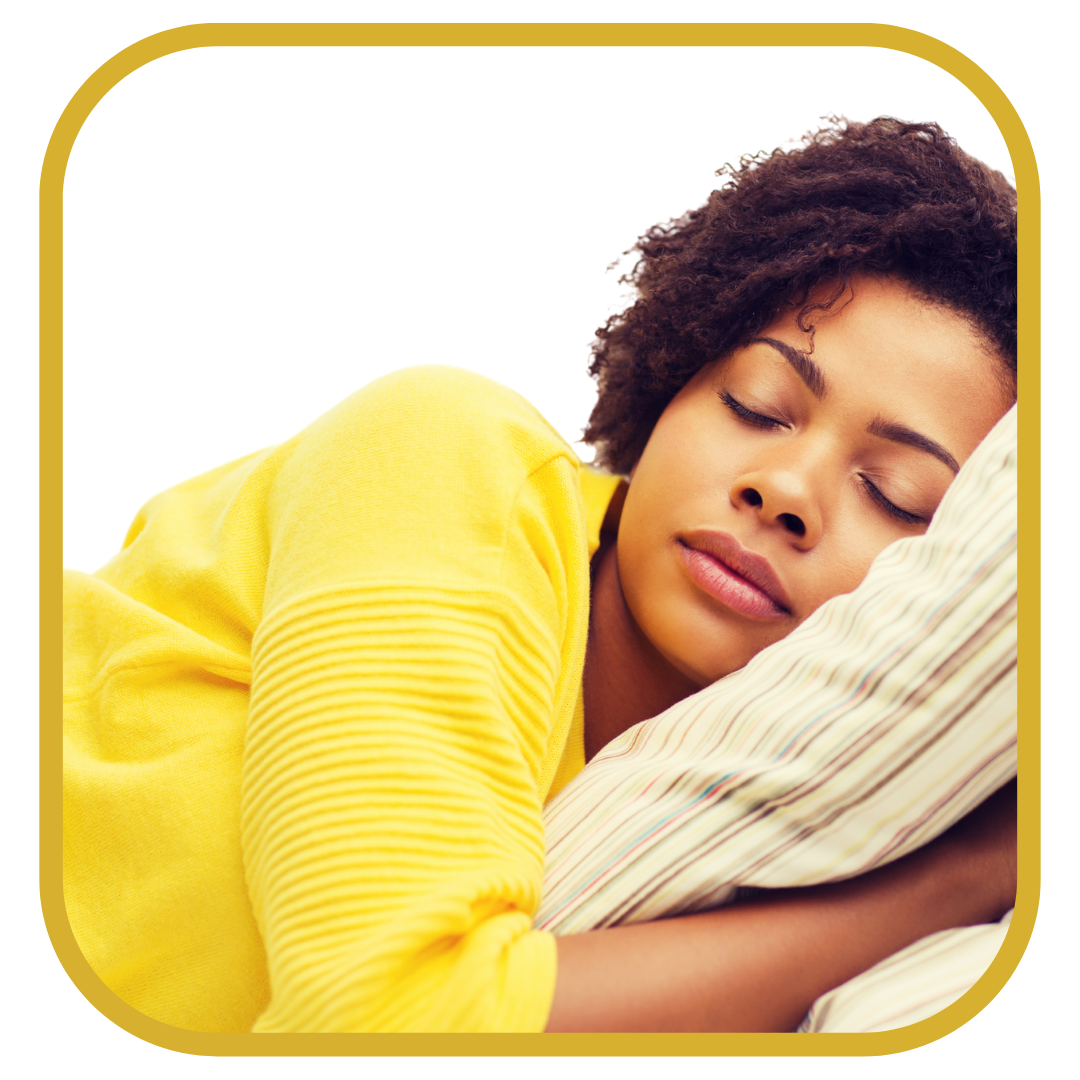Your Cart is Empty
Add your favorite items to your cart.
Shop Now
We’ve all been there. You go to bed on time, maybe even skip the late-night Netflix scroll, and still wake up feeling groggy. The truth? Sleep isn’t just about how long you rest — it’s about how well you rest. And improving your sleep quality could be the single most effective thing you do for your health this year.
Let’s break down the real science of sleep, how your diet and routine impact it, and where supplements — including targeted options like GUM’vees — can play a helpful role.
1. The 3 Keys to Better Sleep
Sleep researchers often talk about sleep quantity, quality, and timing. Most adults need 7–9 hours, but if your body isn’t cycling through deep and REM sleep effectively, you’re not getting the recovery your brain and body need.
Common culprits for poor sleep:
2. Your Sleep-Boosting Grocery List
What you eat during the day matters more than most people think. Certain foods naturally support sleep by helping your body produce melatonin and calm the nervous system.
Sleep-friendly foods to add:
Avoid heavy meals right before bed, and reduce sugar and caffeine in the afternoon. Stable blood sugar = calmer nights.
3. Supplements That Work (Backed by Science)
Not everyone needs supplements, but if your sleep is consistently poor despite good habits, targeted natural supplements can help. Look for ingredients that are supported by research, such as:
Melatonin - helps regulate your circadian rhythm, especially for shift workers or jet lag
Magnesium – known for its calming, muscle-relaxing effects
L-theanine - an amino acid that promotes relaxation without drowsiness
Passionflower and lemon balm – Traditional herbs shown to reduce anxiety and improve sleep onset
4. Small Habits, Big Results
Try these small but powerful changes:
Remember: good sleep isn’t a luxury. It’s foundational to your immune system, brain health, metabolism, and even mood.
Fixing your sleep isn’t about a miracle cure — it’s about stacking small, smart choices every day. From your plate to your pillow, your habits are the key.
Sweet dreams.